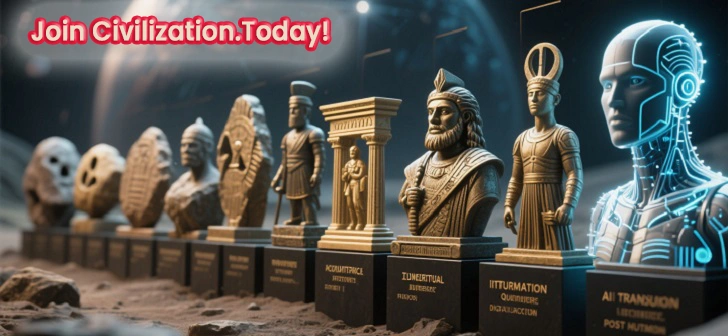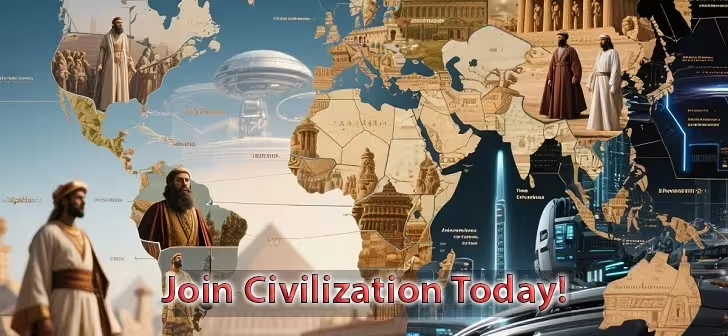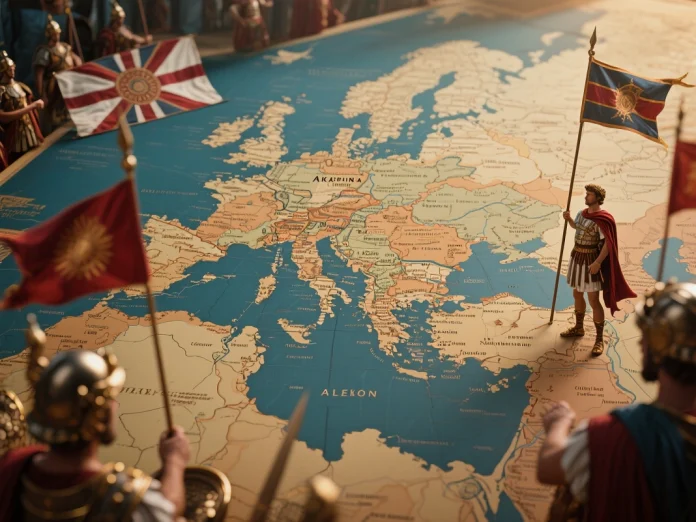When history speaks of great leaders, one name consistently towers above the rest—Alexander the Great. His empire stretched from Greece to India, reshaping the world in ways that still echo today. But what made him more than just a conqueror? The answer lies in his Alexander leadership style, a unique fusion of military genius and political vision that turned battlefield victories into long-lasting political power.
The Early Foundations of Alexander Leadership
Born in 356 BCE in Pella, Macedonia, Alexander was tutored by none other than Aristotle, who instilled in him a love for philosophy, science, and strategic thinking. But beyond academic brilliance, Alexander developed an unparalleled understanding of human behavior and motivation. His leadership was not built solely on brute force—it was built on inspiring loyalty, both in his soldiers and in the diverse populations he ruled.
From the very beginning, Alexander leadership combined intellectual training with battlefield experience. At just 18, he commanded cavalry at the Battle of Chaeronea, proving himself as more than just the son of King Philip II. His early exposure to warfare, politics, and diplomacy laid the foundation for the style of rule that would change history.
Military Strategy as the Root of Political Power
Alexander’s military genius was legendary. He transformed the Macedonian army into an unstoppable machine by adapting new tactics, such as the use of the phalanx supported by cavalry. Yet, his brilliance went beyond strategy—he understood that military victories could be transformed into political legitimacy.
Each battle he won was not just about territory but about consolidating power. After defeating the Persian Empire at the Battle of Gaugamela, Alexander did not simply plunder the lands; he adopted Persian customs and even married Persian women to blend cultures. This was a hallmark of Alexander the Great leadership: the ability to turn conquests into governance.
Charisma and Loyalty: The Emotional Side of Alexander Leadership
A crucial aspect of his leadership was his ability to inspire fierce loyalty. His soldiers followed him across thousands of miles of deserts, mountains, and foreign lands, often against impossible odds. Unlike many rulers, Alexander fought on the frontlines with his men, sharing in their hardships and risks. This personal bravery created a bond that transformed an army into a brotherhood.
However, his charisma extended beyond his troops. He skillfully presented himself as a liberator rather than a conqueror, winning over local populations. By respecting local traditions and incorporating foreign elites into his administration, he was able to maintain stability in his vast and diverse empire.
The Fusion of Military Might and Political Vision
What made Alexander’s leadership truly extraordinary was his vision. Unlike other conquerors, he did not aim to destroy civilizations—he sought to unite them. His dream of a universal empire where East and West coexisted was revolutionary for his time.
His founding of more than 20 cities named Alexandria was not merely a show of vanity; it was a political strategy. These cities served as administrative centers, military bases, and cultural hubs, spreading Hellenistic influence while integrating local traditions. This shows how the leadership of Alexander was not just about winning battles but about building a sustainable political system.
The Flaws of Alexander Leadership
Despite his brilliance, Alexander’s leadership was not without flaws. His ambition often bordered on obsession, driving his men to exhaustion. The long campaigns in India strained his army’s loyalty, leading to mutinies. Moreover, his early death at just 32 left his empire without a strong successor, causing fragmentation.
These weaknesses highlight the double-edged nature of his leadership: while his charisma and vision built a massive empire, his lack of long-term succession planning ultimately undermined its survival.
The Legacy of Alexander Leadership
Although his empire collapsed soon after his death, Alexander’s impact endured for centuries. The Hellenistic era that followed spread Greek culture, language, and ideas across Asia, blending with local traditions to create a rich cultural mosaic. His leadership model influenced countless rulers, from Julius Caesar to Napoleon Bonaparte.
Modern leaders still study Alexander for lessons in motivation, strategic thinking, and political adaptation. The ability to turn military leadership into political legitimacy remains one of his most enduring legacies.
Lessons from Alexander Leadership for Today
Even in the modern world, the principles of Alexander leadership resonate. Here are key takeaways:
- Lead by Example. Alexander shared risks with his men, earning loyalty through action, not words.
- Adaptability. He adjusted his strategies to fit different cultures and terrains.
- Vision Beyond Victory. He aimed not just to conquer but to unify and govern.
- Charisma as a Tool. Inspiring people emotionally can be as powerful as commanding them strategically.
- Plan for Continuity. His failure to establish a succession plan remains a cautionary tale.
Conclusion
Alexander the Great was more than a conqueror—he was a leader who understood the inseparable bond between military power and political authority. His genius lay not just in winning battles but in transforming victories into governance, loyalty, and cultural fusion. While his empire did not survive intact, the lessons of Alexander the Great leadership continue to inspire military strategists, political leaders, and visionaries today.




